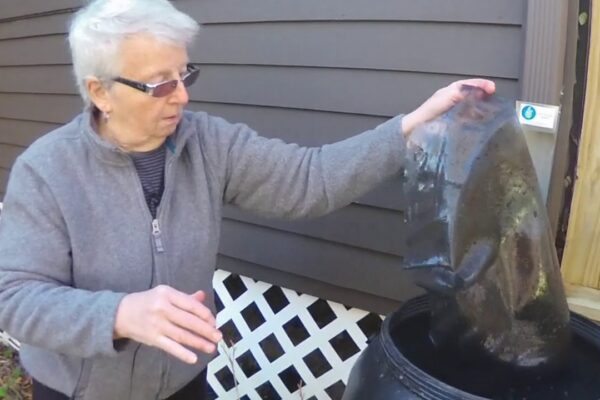
Is weed legal in Rhode Island?
Rhode Island, like many other states, has taken steps towards the legalization of weed. Currently, it is legal for medical purposes, but recreational use remains prohibited. However, discussions are ongoing within the state legislature to potentially legalize recreational marijuana. Until then, only registered patients with qualifying conditions can obtain and use marijuana legally in Rhode Island.







